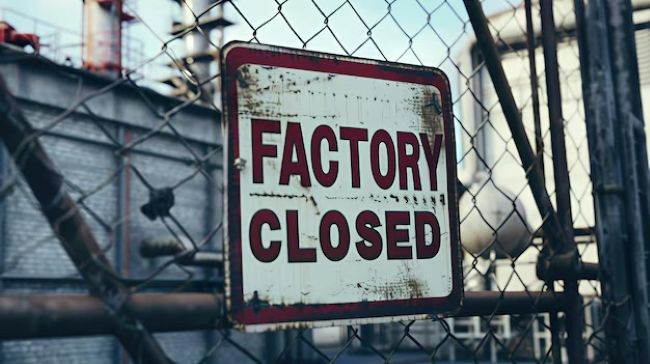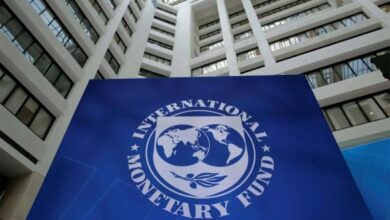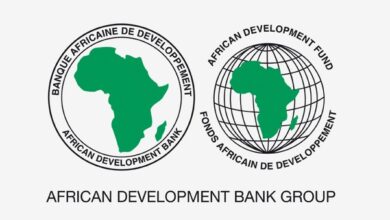New 4% import levy: MAN perplexed, warns of de-industrialisation
“It cannot be the intention of government to decapitate the productive sector..."
 The Manufacturers Association of Nigeria (MAN) is perplexed and has expressed strong condemnation against the sudden implementation of a four per cent Free-on-Board (FOB) levy by the Nigeria Customs Service (NCS), warning that it could lead to de-industrialisation.
The Manufacturers Association of Nigeria (MAN) is perplexed and has expressed strong condemnation against the sudden implementation of a four per cent Free-on-Board (FOB) levy by the Nigeria Customs Service (NCS), warning that it could lead to de-industrialisation.
Its Director-General, Mr Segun Ajayi-Kadir, made this known in a statement on Tuesday in Lagos.
He said that this new levy, in addition to the existing one per cent Comprehensive Import Supervision Scheme (CISS) fee, places an undue and potentially crippling burden on its members.
“It cannot be the intention of government to decapitate the productive sector,” Ajayi-Kadir added.
NECA condemns new FOB import levy, demand reversal
He emphasised that the levy contradicts President Tinubu’s commitment to promoting domestic production, incentivising exports, and creating a one trillion dollar economy by 2030. It rather will lead to de-industrialisation in the country.
Ajayi-Kadir described the levy as particularly unwelcome during a time when government agencies should be focused on reducing the cost of doing business, a practice being prioritised in other economies.
The MAN DG stated that the occurrence was equally worrisome coming at a time when there was a planned 15 per cent hike in port charges.
He noted that industries and manufacturers were struggling with the astronomical increase in the effective import duty calculations rate.
“We had expected that the NCS would give priority to trade facilitation in view of the prevailing economic downturn, rather than exacerbating the spiraling cost of production.
“We had expected that, in line with the prevailing economic reform agenda of government, we should be witnessing a winding down of regulatory and official fees by government agencies and institutions.
“All government institutions should recommit to the reduction of the cost of doing business, expanding the scope of businesses and broadening the nation’s revenue base,” he said.
Ajayi-Kadir said that should the introduced levy be allowed to continue, cost of imported raw materials which had earlier jumped by over 118 per cent, would further escalate.
He added that it would cause heavy disruption in supply chain, trigger raw materials stock-out in many manufacturing concerns and inflict higher cost of demurrage.
He also said that the development would further increase the huge volume of unsold inventories and worsen the competitiveness of Nigerian manufacturers.
“The introduction of the levy contradicts the principles of the ongoing Fiscal Policy and Tax Reforms and the spirit behind the tax bills currently being considered by the National Assembly.
“These efforts are targeted at eliminating multiplicity of taxes and reduction of tax burden for households, manufacturers and other private businesses.
“It will jeopardise the plan of the Federal Government to boost foreign exchange earnings through non-oil export, as many manufacturing exporters rely on imports for vital inputs and machines that are not available locally.
“The levy will jeopardise our aspiration to be an investment destination of choice and an industrial hub in the West African sub-region,” he said.
The MAN DG noted that the need to increase government revenue was not lost on manufacturers.
He advocated the expansion of the tax base and not introduction of new taxes or increase in existing ones.












